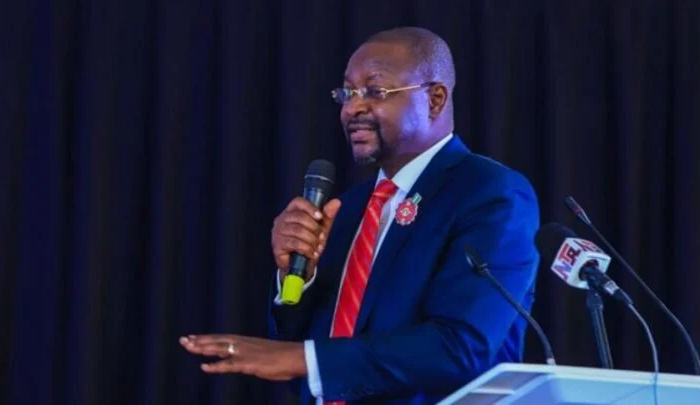The Federal Government has begun implementing a ₦50 Electronic Money Transfer Levy (EMTL) on transactions of ₦10,000 and above conducted through financial technology (fintech) platforms like Opay, Moniepoint, Kuda, and others.
This levy, introduced under the Finance Act 2020, is a one-off charge applied to the recipient of electronic receipts or transfers exceeding ₦10,000. Though initially set to take effect from September 9, its enforcement was delayed. The policy has faced widespread criticism, with groups such as the National Association of Nigerian Students (NANS) urging the government to reconsider.
Fintech companies have emphasized that they are merely facilitators of this deduction and do not profit from the charges. Opay, in an earlier notification to users, stated, “Opay does not benefit from this charge in any way as it is entirely directed by the federal government.”
The levy officially commenced on December 1, 2024, as confirmed by notices sent to customers by fintech platforms. Opay informed its users via an in-app message, stating:
“Dear Customer, in line with the FIRS directive, the EMTL applies starting from December 1, 2024.”
Similarly, Moniepoint issued a message to its customers, clarifying that the ₦50 charge on transactions of ₦10,000 and above is collected on behalf of the Federal Inland Revenue Service (FIRS).
“Dear Customer, you will be charged a stamp duty of ₦50 on inflows of ₦10,000 and above. Moniepoint collects and remits this on behalf of FIRS,” the notice read.
As the levy takes effect, fintech companies have started deducting the charge, sparking renewed conversations among Nigerians about the policy’s impact on electronic transactions and financial inclusion.




